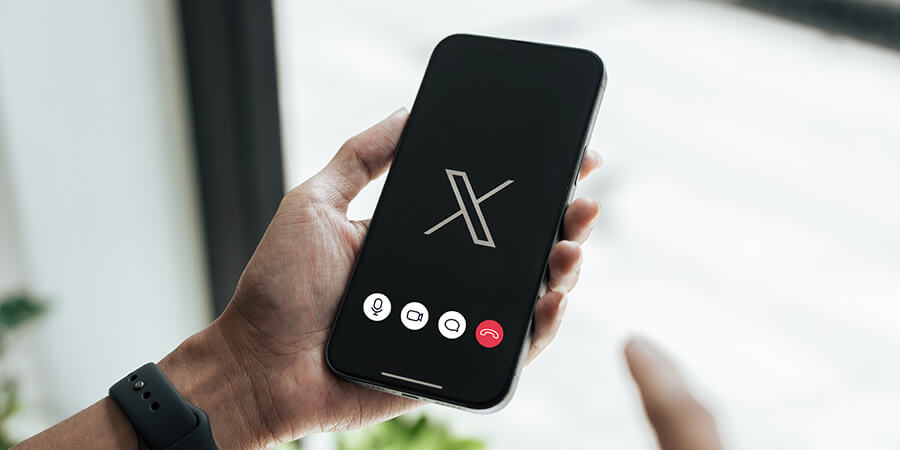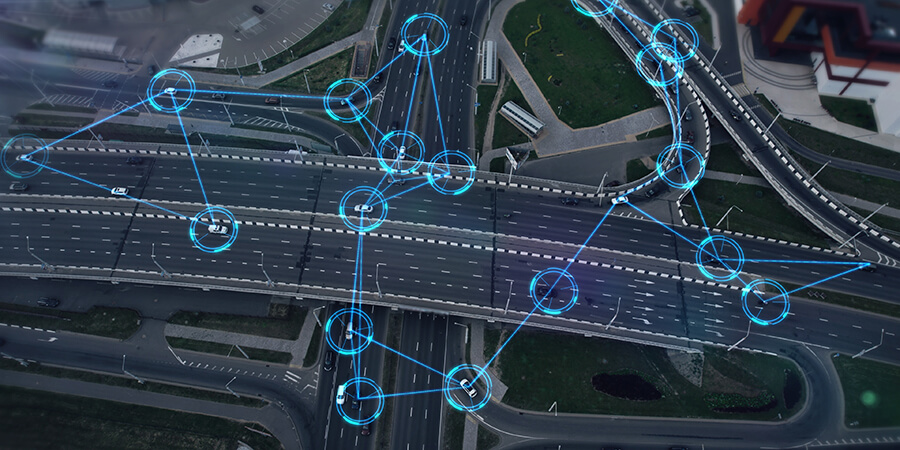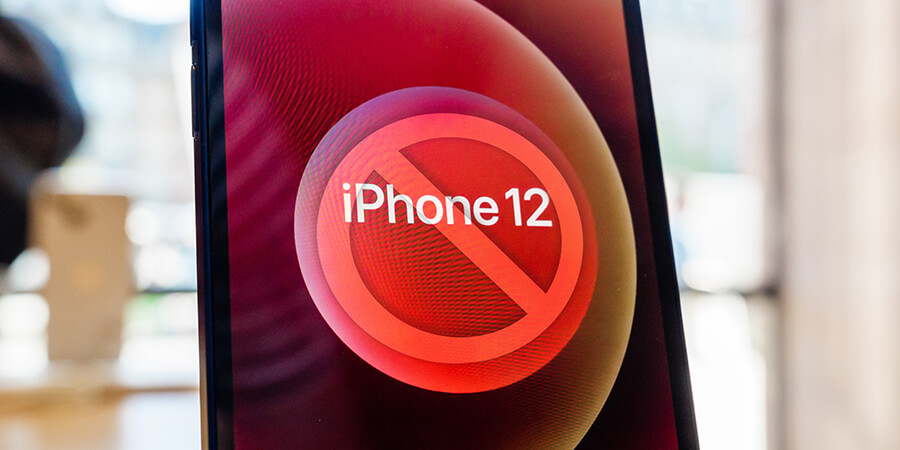X is making significant changes to its platform by introducing video and audio calling functionalities.

Technology Pick
‘Side Eye’: Extracting Sound From Silent Photos and Videos
A team of researchers has developed a new software tool called "Side Eye" that can extract sound and reconstruct its waves from silent videos and even photos. According to the study, the tool is based on a machine learning system that can identify the gender of the speaker in any silent picture or video and determine the words being spoken in the pictured context.
Data ‘Poisoning’ With Nightshade: A New Protection Against Unintended AI Usage
Multimedia creators now have the opportunity to counteract unintended uses in AI. With the aid of an emerging open-source tool, they can introduce a form of "poisoning" into their artwork to hinder AI models from utilizing it as training data.
Meta's AI Revolution: Infusing Smart Glasses With Celebrity AI
Meta has embarked on an ambitious plan to infuse artificial intelligence (AI) into digital assistants and smart glasses. Zuckerberg highlighted the role of AI advancements in creating diverse applications and personas to achieve various tasks. These developments are aimed at eventually integrating AI capabilities into stylish smart glasses.
Amazon Tests Humanoid Robots to Assist Workforce
Amazon is testing human-like robots for repetitive tasks at its R&D center, aimed at executing repetitive tasks and collaborating with human workers. They're starting with Digit, a two-legged robot that handles tasks like moving empty tote boxes, a task considered "highly repetitive." Amazon sees potential for Digit to work alongside humans in warehouses.
XR Breakthrough: Revolutionizing Management Learning and Research
An international business school has taken the pioneering step of introducing a comprehensive library of VR Learning Experiences. This expansion will enhance the effectiveness of management education and propel advancements in management research.
China Takes Action To Boost Smart Driving Innovation
China is taking significant steps to bolster its position in the intelligent connected vehicle (ICV) industry by supporting companies in the smart vehicle supply chain. The country aims to establish "innovation consortia" to promote innovation and set standards for assisted and autonomous driving technologies by 2025.
ChatGPT Gains Web Browsing Functionality
OpenAI announced on social media platform X that ChatGPT users can now browse the internet for real-time information through the “Browse with Bing” feature, currently available to 'Plus' and 'Enterprise' subscribers. OpenAI plans to roll out this functionality to all users in the near future. In addition, this new browsing capability allows websites to manage how ChatGPT interacts with their content.
Vietnam: Pulling Ahead in the Global Microchip Rush
The current global race for AI supremacy, combined with the supply chain hurdles that come as a result of strained US-China relations is propelling Vietnam as a promising semiconductor production hub. Semiconductors are crucial components of electronic devices that drive productivity and innovation in many industries.
France Bans Sales Of iPhone 12 Due To Radiation Concerns
Due to concerns over radiation levels exceeding regulatory thresholds, France has announced a ban on the sale of Apple’s iPhone 12 model within the country.


















